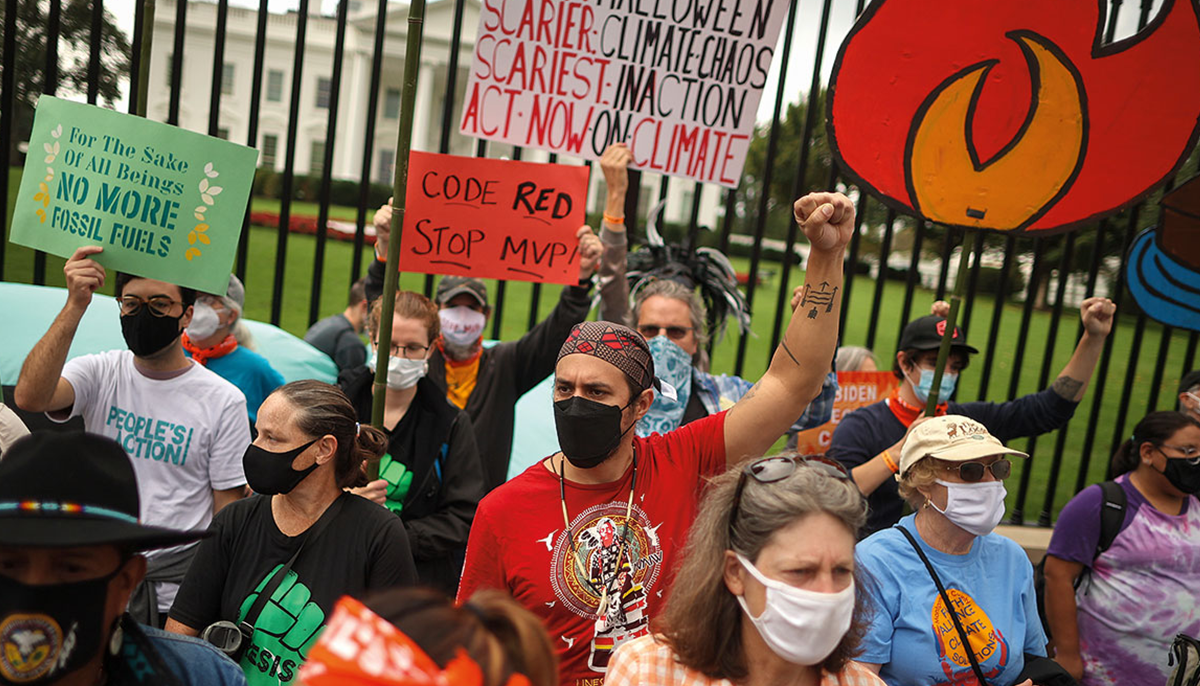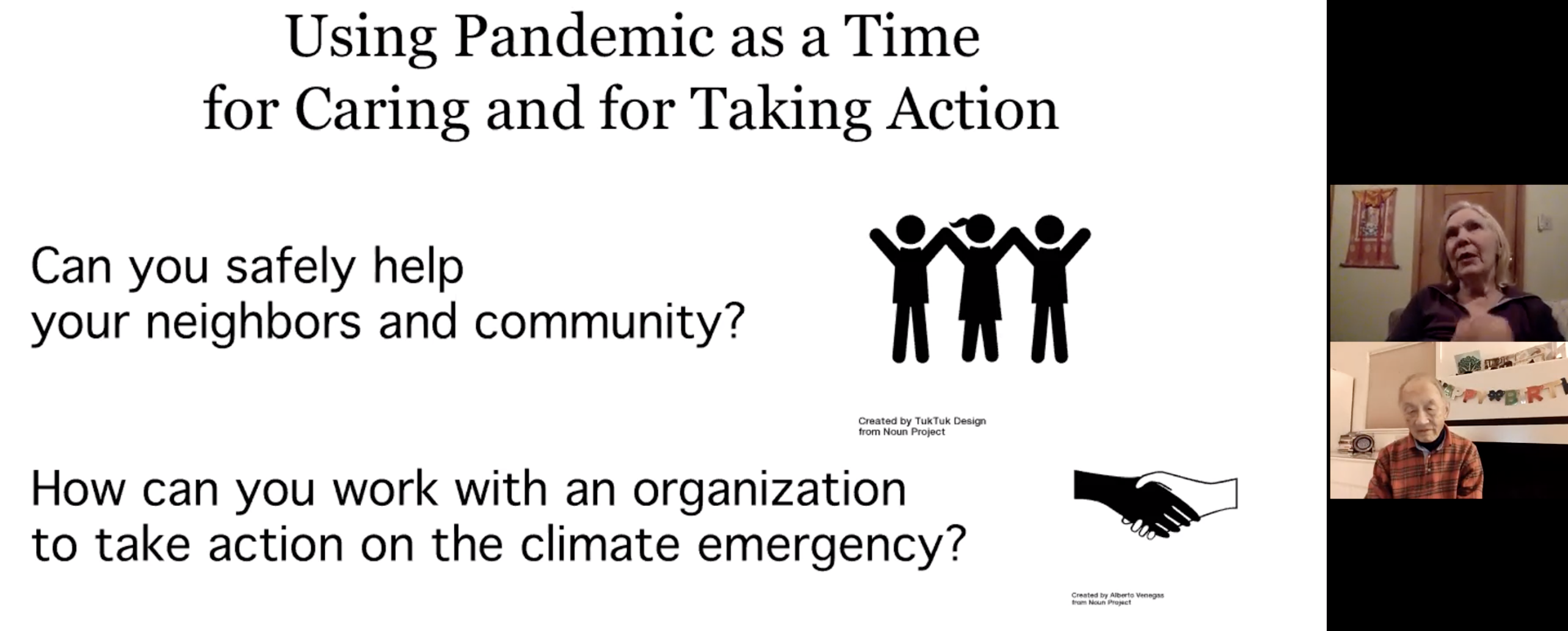Economist and ecodharma activist Clair Brown calls on Buddhists to join the fight against climate change. What helps when the future looks bleak is the right kind of hope. Read more: https://www.lionsroar.com/right-hope/

Economist and ecodharma activist Clair Brown calls on Buddhists to join the fight against climate change. What helps when the future looks bleak is the right kind of hope. Read more: https://www.lionsroar.com/right-hope/

Economic inequality, with the rich showing off their wealth and superiority, is based on false beliefs about what makes us happy.
The Pandemic Gives Us Time to Ask What Makes Life Meaningful? in Psychology Today
Rich countries ship their own waste, especially plastic waste, out of sight while poorer countries who import shiploads of waste receive the brunt of the toxic effects.
Can we electrify our way out of climate change – or do the rich also need to consume less? in Developing Economics
People end up running after more income and competing incessantly with others, but without increasing their own well-being.
Make Black Friday meaningful: Give gifts that matter to people in the NY Daily News
In Big Tech and many other increasingly concentrated sectors, deregulation does not increase competition; on the contrary, it allows big companies to rig things in their favor.
What America Needs to Understand About Capitalism in Project Syndicate
The rich pollute the most and suffer the least from pollution.
Luxurious Lifestyles Are Hurting Us and the Earth in Psychology Today
BUDDHIST ECONOMICS: Living mindfully with love, compassion, and wisdom with Vajracaksu Dharmachari
Dr. Brown joined the City of Ten Thousand Buddhas’ Forum on Covid-19 to reflect on the Covid-19 pandemic. Exploring how during this pandemic, is it changing our way of thinking about life, and how to live a more meaningful life of awareness and compassion.

Watch the whole talk on YouTube here.
I grew up in Tampa, Florida. A lot of the people I know I’m pretty sure are Trump supporters, even relatives of mine. When we talk we talk about how’s your life going, what do you need in life? I probably harp too much on climate but I see it as an existential crisis that we have to take action on immediately. They often don’t know climate at all. What I’ve found out, especially for the Trump supporters, when I start talking about climate, they actually doo care. They do care about what the future will be like for their kids and grandkids. They’ve already suffered from extreme weather down in Florida and seen sea level rising. I’ve found if I can talk about things that are important to me and are important to them, we can agree on policies. A lot of the surveys from Pew or Data for Progress show that 70 to 80% of Americans agree on policies for stopping the climate crisis, for reducing inequality. So I don’t talk about Biden or Trump — what do we need in this country right now to improve people’s well-being? Because it’s amazing how we all actually do care about the same things, how to come together and care for each other and the planet. I find that’s really the only way to reach out and unite with other people.
Clair was featured in the Native Society:
Biggest Success?
A big accomplishment for me has been reaching out to and learning from people around the world, as we work together to stop selfish, materialistic forces from hurting people and the planet. Although we are in a dark period, many people are coming together to demand changes to heal the planet and care for people. I will continue to fight to keep the torch of meaningful, holistic economics alive and pushing forward.
Most Challenging Moment?
Being in a male-dominated field of economics is always a challenge. Female economists, from students to experienced faculty and practitioners, continue to face discrimination and sexist behavior. As women, we know to expect this, to fight against it, and to help each other. Although things are better today than forty years ago, we still have a long way to go to create a profession (and world) without race and gender bias.